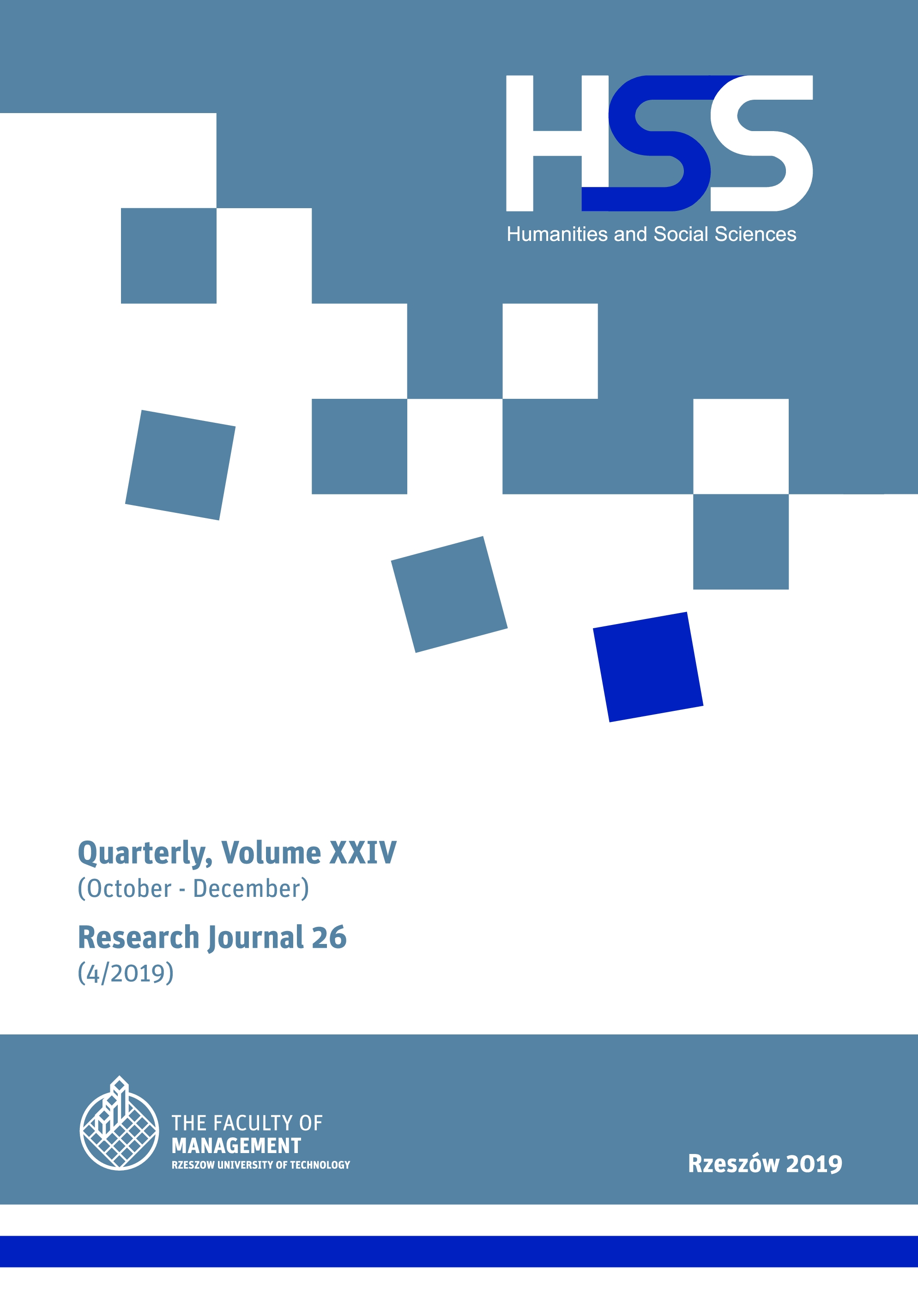Abstract
The purpose of this publication is to show different rights protected by law regarding the crime of assault on public officials in various criminal law code solutions in Poland in the 20th century. To achieve the research objectives, we used a comparative-normative method to examine the shape of specific criminal provisions in Poland. The study’s results found differences between undemocratic and democratic system, and confirmed that criminal law, in terms of protection of state institutions, is a reflection of the political system of the state. The article presents issues regarding an assault on a public official under the provisions of the legal system in Poland. Different definitions and interpretations of the term ‘public official’ resulting from the changes in the political system and the law of the country required appropriate legal solutions in the Penal Code. The process of comprehensive systematisation of provisions in the field of substantive criminal law started with the Penal Code of 1932, although it did not include the legal definition of the concept of a public official. The current act of June 6, 1997 and its subsequent amendments introduced a more precise distinction and legal instruments for penalising an assault on a public official.
References
Andrejew, I, Świda, W, Wolter, W. (1973). Penal Code with commentary. Warsaw.
Bojarski, M. (2015). Offenses against state institutions and local government [in:] Bojarski, M., Giezek, J., Sienkiewicz, Z., ed., Substantive criminal law. General and special part. Warsaw.
Dukiet-Nagórska, T. (2010). Offenses against the activities of state and local government institutions [in:] Dukiet-Nagórska, T., ed., Criminal law, general, specific and military part. Warsaw.
Giezek, J. (2015). The concept and functions of criminal law [in:] Bojarski, M., Giezek, J., Sienkiewicz, Z., ed., Substantive criminal law. General and special part. Warsaw.
Kardas, P. (2005). Employment in an organizational unit with public funds as a statutory criterion determining the meaning of the term 'person performing a public function'. Considerations against the background of interpretative models presented in the penal literature and case law of the Supreme Court. “Journal of Criminal Law and Penal Sciences”, Vol. 1.
Kardas, P. (1999). Offenses against the Republic of Poland [in:] Bogdan, G., Buchała, K., Ćwiąkalski, Z., Dąbrowska-Kardas, M., Kardas, P., Majewski, J., Rodzynkiewicz, M., Szewczyk, M., Wróbel, W., Zoll, A.,eds., Penal Code. Special part. Commentary on Article 117–277 of the Penal Code. Krakow.
Marek, A. (2000). Penal Law, Warsaw.
Makowski, A. (1932). Penal Code. Commentary, Warsaw.
http://ebuw.uw.edu.pl/dlibra/doccontent?id=16090 – as of March 2, 2019.
Legal acts
Regulation of the President of the Republic of July 11, 1932 - Penal Code (Journal of Laws 1932 No. 60, item 571)
The Act of 19 April 1969 Penal Code (Journal of Laws 1969 No. 13, item 94).
The Constitution of the Republic of Poland of April 2, 1997 adopted by the National Assembly on April 2, 1997, adopted by the Nation in a constitutional referendum on May 25, 1997, signed by the President of the Republic of Poland on July 16, 1997 (Journal of Laws 1997 No. 78, item 483).
Act of June 6, 1997 – Penal Code (Journal of Laws 1997 No. 88, item 553).
Orders and judgments
Judgment of the Supreme Court of November 27, 2000, file reference number: WKN 27/00.
Order of the Supreme Court of 7 May 2012, file reference number: V KK 402/11.
Other sources
File reference number of the IPN: IPN Wr 23/359/9


